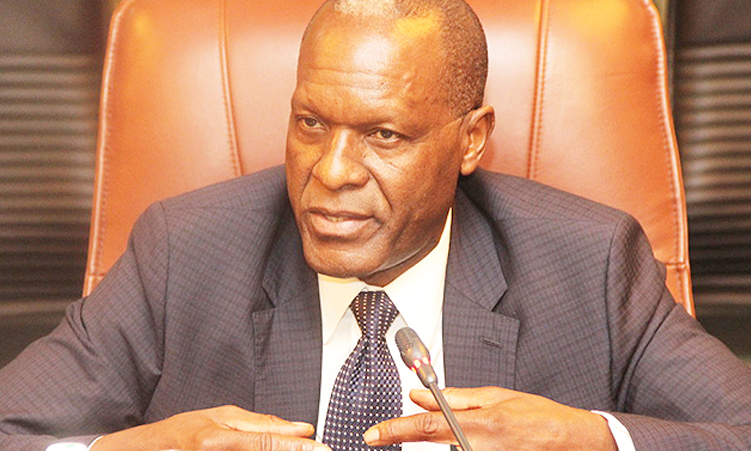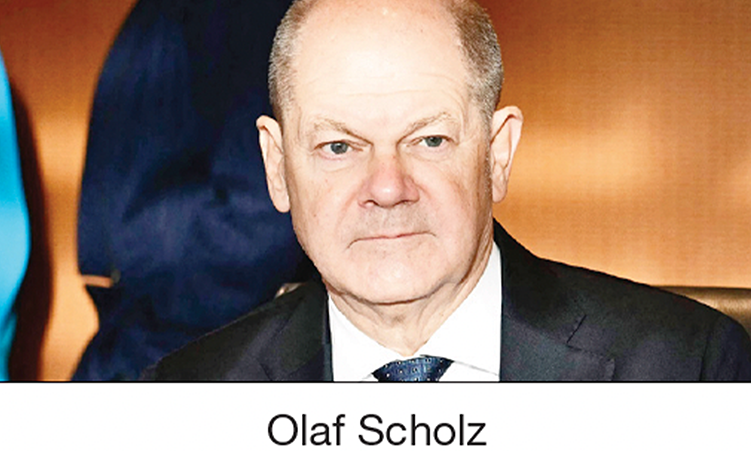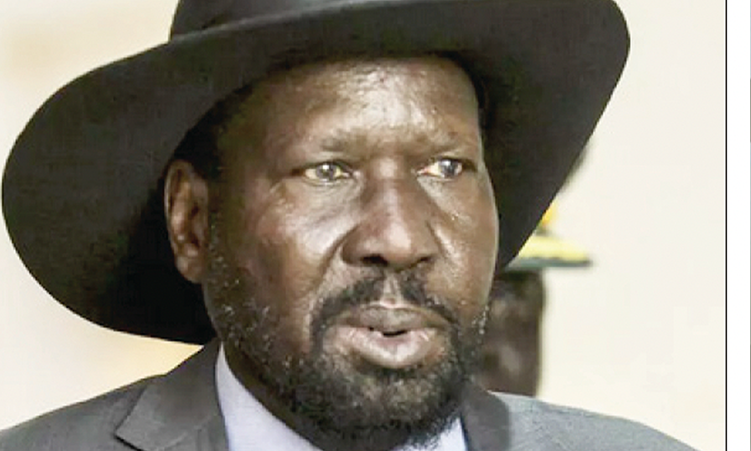Minister of mines and energy Tom Alweendo says the discovery of oil is not an automatic solution to Namibia’s existing socio-economic challenges.
Alweendo’s remarks were delivered in a speech read on his behalf by his deputy, Kornelia Shilunga, at the 23rd Copper Festival at Tsumeb.
While the revelation of significant oil and gas reserves discovered by TotalEnergies, Shell, and their partners, including Namcor, has generated excitement, Alweendo emphasised the need for managing expectations.
This is due to the inherent uncertainties and complexities associated with the oil sector, he said.
Oil and gas were discovered in commercial quantities offshore Namibian basins in February 2022.
Alweendo said the obligation of responsible oil sector management falls on all Namibians – especially those entrusted with public responsibility.
He cited lessons from other oil-producing nations where mismanagement has led to worsened socio-economic conditions.
“We thus need to learn from some oil-producing nations for which the oil production did not result in broad-based socio-economic development,” he said.
Alweendo stressed the importance of developing appropriate legislation for the industry and maintaining transparency.
Namibia is in the process of developing a local content policy to maximise the benefits of oil exploitation within the country.
The policy aims to ensure meaningful participation by Namibians, particularly local entrepreneurs, in the value chain of the oil and gas sector.
Political analyst Rui Tyitende has highlighted concerns about the allocation of new revenue.
“It’s true that having oil doesn’t automatically mean people’s lives would improve, because the bounty could be squandered, much like it is being squandered now, or it could be used to take care of the social welfare of the ordinary person,” he says.
Tyitende says the success of integrating oil revenue into Namibia’s economy relies on responsible and transparent resource management.
He says oil is a public resource, and the government must ensure its efficient utilisation for the benefit of the entire population.
He also expresses concerns about the potential for politicians to exploit high unemployment rates and discontent, particularly among the youth, for their gain – potentially leading to unrest or even terrorism.
“Oil could be a blessing or a curse. It could be a blessing if we pursue the Norwegian route and emulate what they have done with their oil revenue.
“Alternatively, it could be a curse as seen in other countries, like Algeria and Angola, especially in conflict-prone regions,” he says.
Economic researcher Rodney Hoaeb stresses the importance of improving policies and national capacity to maximise the benefits of the oil sector.
“We have ample time to carry out our feasibility studies and consult widely on oil. If we apply a stark focus on this strategic global mineral resource and improve our policies and national capacity, the country can derive enormous value from this sector, which surpasses our fledgling and lingering doubts,” he says.
He cautions against accepting a “risk-oriented” narrative that discourages Namibians from seizing opportunities the oil sector presents.
Hoaeb encourages a proactive approach, focusing on unpacking the entire value chain with the support of stakeholders in the private and public sectors.
He also expresses concerns over the current approach of channelling oil dividends solely through the National Petroleum Corporation of Namibia without rationalising the ownership among other development fund institutions, such as the Welwitschia Sovereign Fund, the Government Institutions Pension Fund, and the Development Bank of Namibia.
Hoaeb proposes drafting a coherent framework for broader cooperation and investment in the capital and operational opportunities the sector offers, emphasising the need for collective involvement by various institutions.
“The current approach of relinquishing autonomy over oil dividends creates a perception that these oil discoveries are exclusively for one entity, while the scope of oil discovery, management, investment and value addition hinges collectively on the involvement of various institutions, directly or indirectly,” he says.
Stay informed with The Namibian – your source for credible journalism. Get in-depth reporting and opinions for
only N$85 a month. Invest in journalism, invest in democracy –
Subscribe Now!







